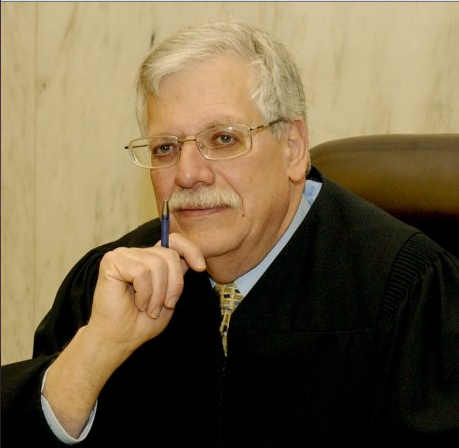Brooklyn federal judge denies drug dealer sentence reprieve

A Brooklyn drug dealer must serve his entire 17-year sentence, Eastern District Judge Eric Vitaliano ruled last week.
Chaka Raysor was charged in 1996 for heading a large drug distribution operation. Raysor evaded arrest by fleeing the state and was on the lam from 1996 until he turned himself in to the New York City Police Department 10 years later. In November 2006, Raysor pleaded guilty to conspiracy to possess and distribute crack cocaine, receiving a 17-year sentence.
At the time of his sentencing, the court applied the then-active sentencing guidelines, which called for Raysor to be sentenced to a term ranging from 15 to 19.5 years behind bars. During the sentencing phase, the lower court, Vitaliano noted, considered “the advisory guidelines and all the factors…in mitigation,” including the fact that Raysor remained a law-abiding citizen while he was on the run. These factors contributed to Raysor’s sentence of 17 years in prison followed by three years parole.
